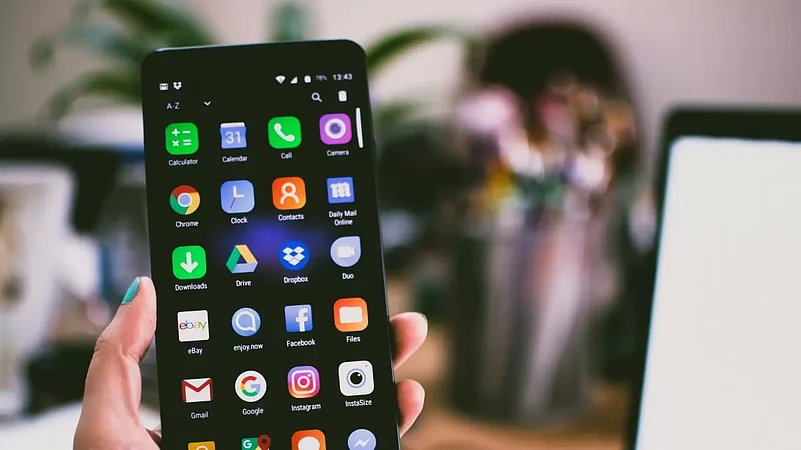In response to rising concerns over iPhone theft and subsequent unauthorized access to personal information, Apple has introduced a security feature in its iOS 17.3 beta.
As reported by The Wall Street Journal, the new Stolen Device Protection feature aims to thwart potential thieves by requiring additional authentication through Face ID or Touch ID for specific actions.
The move comes after previous reports by The Wall Street Journal highlighted the alarming trend of thieves observing victims entering their iPhone passcodes and subsequently gaining access to sensitive information stored on the device. This unauthorized access allowed thieves to lock victims out of iCloud accounts and exploit saved payment information, causing financial losses.
For users who choose to opt into the Stolen Device Protection feature, identity verification through facial recognition or fingerprint biometrics will be mandatory for actions such as viewing saved passwords in iCloud Keychain, applying for a new Apple Card, factory resetting the device, using saved payment methods in Safari, and turning off Lost Mode.
This additional layer of security ensures that even with possession of the phone and the passcode, thieves cannot compromise the user's information.
To further fortify security, the Stolen Device Protection feature introduces an extra step for more sensitive actions. If a device is detected outside familiar locations, such as the user's home or office, and the user attempts actions like changing the Apple ID password, altering the iPhone passcode, or disabling Find My, the feature imposes a waiting period. In addition to Face ID or Touch ID verification, users must wait one hour before repeating the authentication process, adding an extra hurdle for potential thieves.
Scott Radcliffe, an Apple spokesperson, emphasized the company's commitment to user data security, stating, “iPhone data encryption has long led the industry, and a thief can’t access data on a stolen iPhone without knowing the user’s passcode."
"In the rare cases where a thief can observe the user entering the passcode and then steal the device, Stolen Device Protection adds a sophisticated new layer of protection,” he added.


























